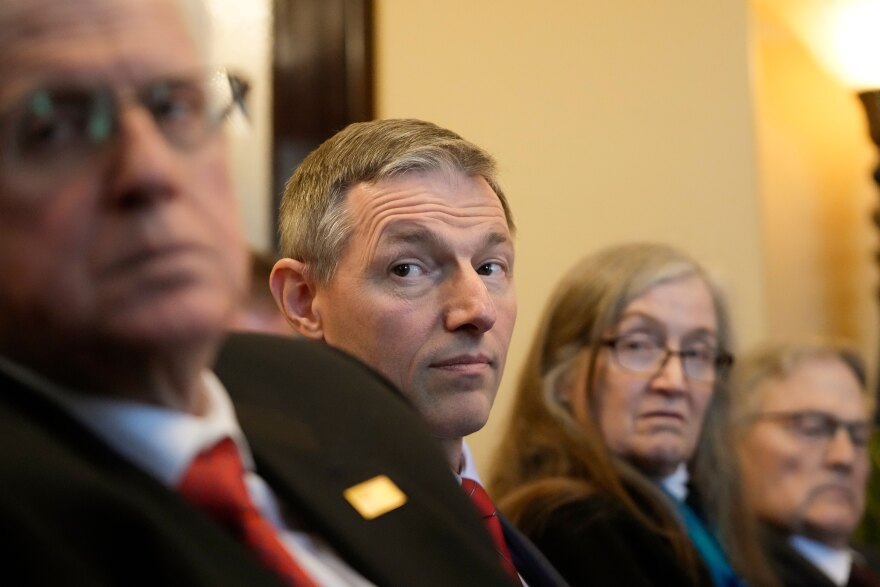In a significant legislative move, Utah lawmakers have approved two bills, one addressing bathroom access based on sex and another eliminating diversity, equity, and inclusion (DEI) initiatives from public education.
The bills have sparked controversy, with Democrats protesting the measures and Republicans expressing strong support.
Bathroom Access Bill (H.B. 257)
The Sex-based Designations for Privacy, Anti-bullying, and Women’s Opportunities Act (H.B. 257) prohibits individuals who identify as men from accessing women’s bathrooms in schools and government buildings.

The bill, sponsored by Republican state Rep. Kera Birkeland, received final legislative approval on January 26.
“Keeping men from women’s spaces is an appropriate and much-needed boundary in Utah and across America,” stated Rep. Birkeland on the social media platform X.
The bill clarifies that the state’s definitions of “male” and “female” are based on biological characteristics, such as genitalia, rather than gender identity.
Exceptions are outlined for unisex or single-occupant facilities, changing rooms not open to the public, and intersex individuals.
Supporters argue that the bill is crucial for protecting women from potential harm, while opponents claim it unfairly targets transgender individuals.
Read More: Social Security Benefits and Tax Implications in 2024
DEI Elimination Bill (H.B. 261)
The Equal Opportunity Initiatives Act (H.B. 261) prohibits government employers, institutions of higher education, and public education entities from engaging in discriminatory practices based on DEI principles.
Sponsored by Republican state Rep. Katy Hall, the bill aims to eliminate offices promoting certain DEI policies and prevents mandatory DEI training.
Former NFL player and Republican Rep. Burgess Owens expressed his support on X, thanking the legislators for “leaving divisive DEI behind.”
Also Read: Ramaswamy Urges Haley to Exit Presidential Race, Cites ‘Sinister Forces’ if she does not
Political Reactions and Mourning Protest
The bills prompted a protest from Democrats who wore all black in mourning on January 25.
The protest, captured in a video posted on X under the account “End Wokeness,” featured state representatives expressing their concerns about the impact of the bills on marginalized and vulnerable communities.
Utah Governor Spencer Cox, a Republican, is expected to sign both bills into law.
In December, Gov. Cox strongly voiced his support for the anti-DEI bill, condemning the imposition of diversity statements as “bordering on evil.”
The legislative landscape reflects a broader national trend, with Republican lawmakers proposing numerous bills across states to restrict various DEI initiatives, while Democrats advocate for measures promoting or requiring DEI.
National Context and Backlash Against DEI Initiatives
The bills in Utah add to the ongoing national debate surrounding DEI initiatives.
While such programs have gained prominence across businesses and educational institutions, the backlash against them has also intensified.
In June 2023, the U.S. Supreme Court struck down racially discriminatory admissions policies at federally funded educational facilities.
Subsequent efforts by state attorneys general urged corporations to abandon racial quotas and preferences.
A report by DEI consultancy firm Paradigm Strategies Inc. highlighted a shift in the DEI landscape, with external forces both pushing for and pushing back on companies’ investment in DEI initiatives.

The Utah bills underscore the evolving dynamics surrounding issues of privacy, equity, and inclusion, setting the stage for continued debates on a national level.
Read Next: Peter Navarro Receives Four-Month Jail Sentence for Contempt of Congress
